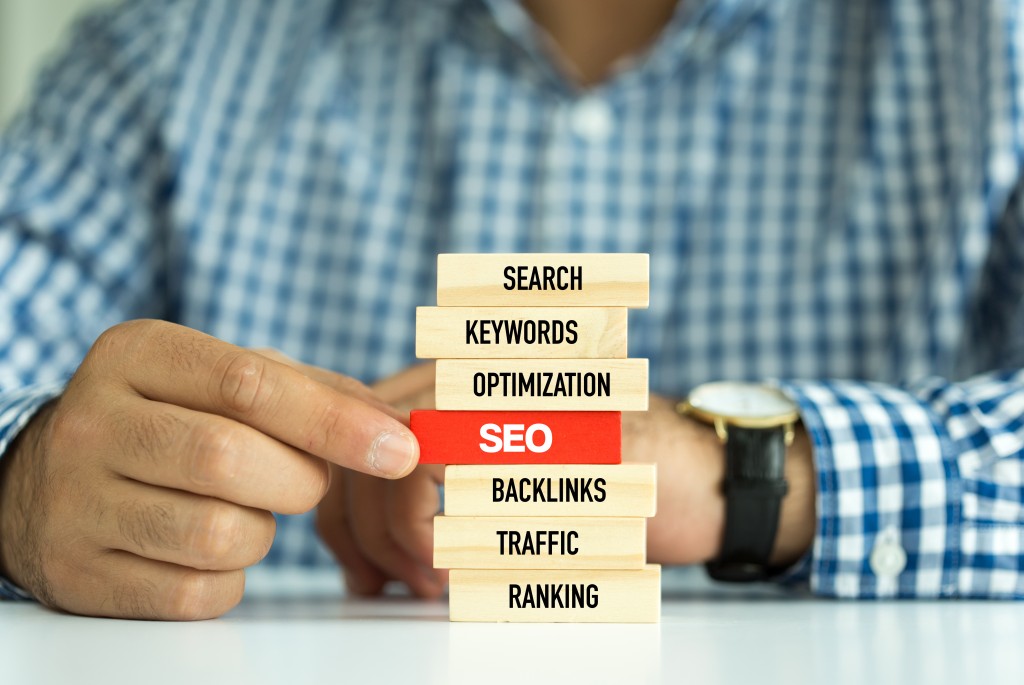Disclaimer: This website provides health information for educational purposes only and is not a substitute for professional medical advice, diagnosis, or treatment. Always seek the guidance of a qualified healthcare provider with any questions you may have.
It’s no secret that Google is continually changing its search algorithm. This means last year’s prevalent ranking factors might not be as relevant now. Today’s algorithm, for example, puts more value in user experience than keyword quantity. As such, it considers two distinct branches when evaluating and ranking a web page:
1. On-page SEO
2. Off-page SEO
Knowing their differences can help you upgrade your SEO strategies and outrank your competitors.
What is on-page SEO?
Also known as “on-site” SEO, it refers to the process of optimizing different elements of your website to improve your search rankings. It’s the things you can freely control and tweak, including content quality, content structure, and overall page performance.
Popular on-page elements include the following:
Title tags
A title tag indicates the title of a web page. It’s also the clickable headline that appears on search engine results pages.
Optimize your title tags by inserting around 1-2 targeted keywords. Limit the character count to 55-60, including spaces. If possible, position the keyword closer to the beginning of the title. Indicate the brand’s name at the end of the title tag and separate the two with a pipe bar (|).
URL structure
An organized URL structure enables search engines to crawl your web pages easily. It also simplifies navigation and creates a user-friendly experience for visitors.
Keep your URLs as short as possible. Inserting keywords is very important but avoid repetition. Avoid replacing all your URLs just to add keywords. Unless you plan on redirecting your old links to new ones, changing all your links is a risky undertaking. Have a professional web developer do it for you.
Alt text
Your alt texts are the words or phrases that describe an image on a web page. It is used by search engines to index an image for search.
Inserting relevant keywords will help search engines understand your page better and rank it higher. Describe the image in 8-10 words and, if possible, add a geo-locator to ensure it ranks for the right audience.
Page loading speed
Visitors are more likely to leave pages that take a long time to load or are not mobile-responsive. You can use Google’s Page Speed Insights to identify what’s slowing your page’s load time.
Redirects and large image file sizes can cause pages to slow down. Clean up your coding and remove unnecessary CSS, HTML, and JavaScript. Minimize HTTP requests and prioritize above the fold content loading to optimize page speed.
What is off-page SEO?

Off-page SEO focuses on improving the authority of your domain by getting links and referrals from quality websites. It consists of all the actions taken outside of your website to boost your rankings and audience engagement.
Off-page SEO is concerned with the quality and quantity of backlinks to your website. There are several ways you can earn valuable links. One way is to create useful and shareable content on social media. You can also do guest blogging on sites related to your industry. Or you can approach famous bloggers directly and ask them to feature your link on their website.
Which is more important?
On-page and off-page SEO complement each other. Although most SEO experts would advise you to enhance your on-page SEO, before investing too much on off-page SEO. Taking advantage of expert marketing SEO services will help you balance the two and ensure your website is optimized for both human visitors and search engine crawlers.




